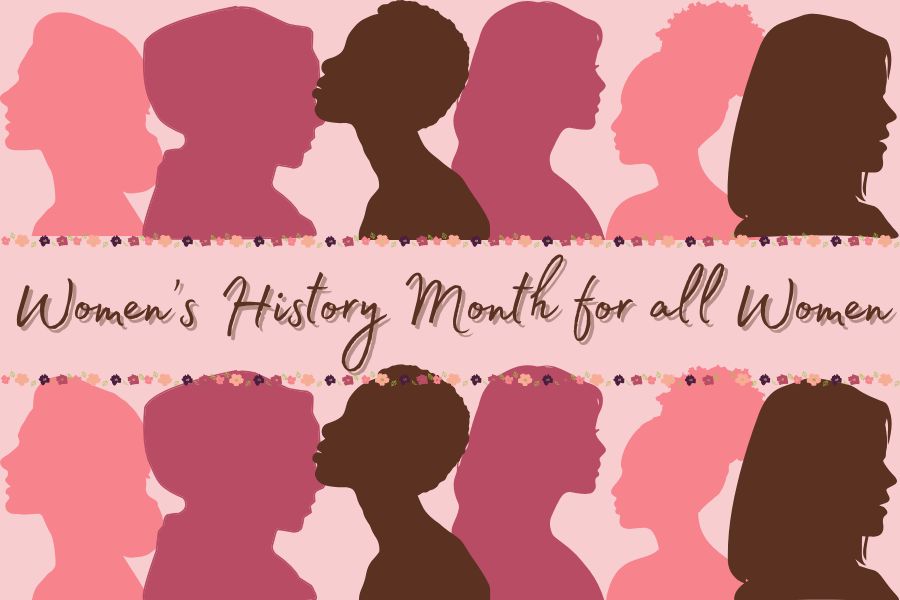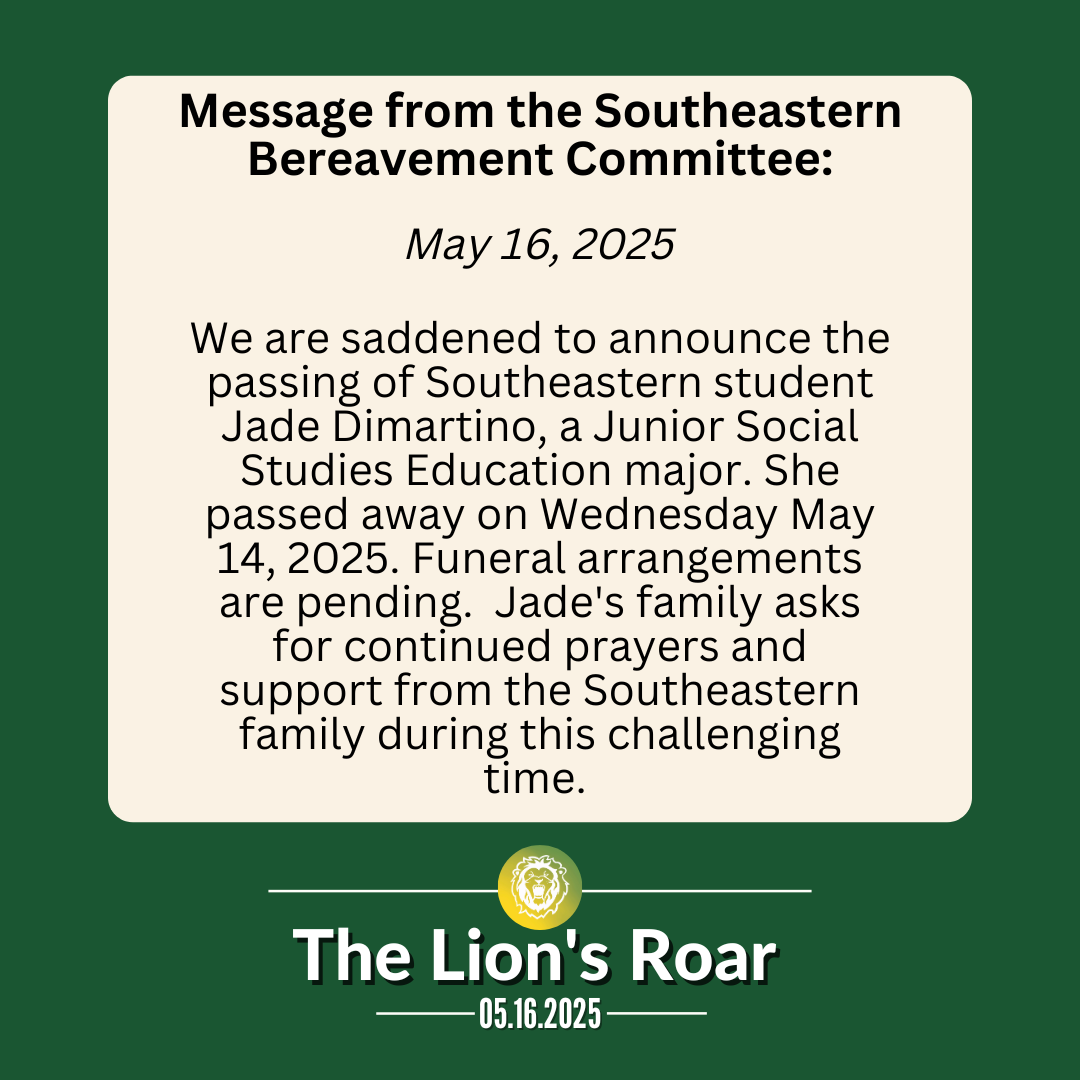|
Getting your Trinity Audio player ready...
|
Since 1995, American presidents have issued an annual proclamation designating March as “Women’s History Month.” However, the acknowledgment was not always a month; instead, starting in 1978, it was only a week-long local celebration in Santa Rosa, California.
The movement inspired many women throughout the country to lobby for national recognition, led by the National Women’s History Project (now known as the National Women’s History Alliance) in 1980. That’s when former President Jimmy Carter issued the first presidential proclamation marking the week of March 8, 1980, as Women’s History Week.
Carter proclaimed, “From the first settlers who came to our shores, from the first American Indian families who befriended them, men and women have worked together to build this nation….As Dr. Gerda Lerner has noted, ‘Women’s History is Women’s Right.’ – It is an essential and indispensable heritage from which we can draw pride, comfort, courage, and long-range vision.”
I find the first presidential proclamation of Women’s History Week remarkable. It references our true history from the day the first settlers arrived and draws inspiration from many other notable women figures.
So, I hope you will understand why I felt so disgusted and unseen, as I’m sure many others did, after reading President Donald Trump’s Women’s History Month proclamation this year.
In his proclamation, he stated, “By fulfilling my promise to protect women and girls from gender extremism we have brought back common sense to society…On day one, I delivered on my promise to sign an Executive Order recognizing that women are biologically female, and men are biologically male. As a result, the United States will no longer allow “X” gender marker on Government forms, and the United States Passport Office will now only issue passports with a “M” or “F” sex marker matching an individual’s biological sex at birth.”
I feel this proclamation only recognizes women who fall in line with what many conservative Americans believe a woman should be. He claims to protect women, but only if they play the game by his rules.
For him to state that women need protection is ironic, considering that two dozen women have accused him of sexual misconduct. He claims protecting women is a priority, but his actions don’t reflect that.
He continues to say, “I am also delivering on my promise to secure our borders, deport illegal criminal aliens, rebuild our economy, school choice, make America healthy again, and improve access to in vitro fertilization — and I have only just started.”
By using the Women’s History Month proclamation to discuss his political agenda, the real message of celebrating women is forgotten and overshadowed. It exposes how much he truly cares about the women of America, who, may I remind you, aren’t just those who fit into the nuclear family model.
As a Mexican-American woman, I don’t feel seen or celebrated by Trump’s administration; instead, I feel hated and discarded. He speaks of my people as criminals, rapists, and freeloaders, yet we have helped build this country.
“I will never stop fighting for America’s women and families,” he says.
Does that count for me too? Does that count for the trans woman whose passport marks “M”? Does that count for the woman who received an abortion because she was feeling scared? Does that count for the woman who has a wife? Does that count for the woman who used all her courage to speak up against her assaulter?
I’m not sure.
However, I am here to celebrate Women’s History Month for all women and to remind you that we cannot be overshadowed by ideals or politics. We did not get to where we are today because of a man who wished to protect us; we got here because women empowered women enough to demand recognition.
The theme for Women’s History Month 2025 was “Moving Forward Together! Women Educating & Inspiring Generations.”
We should keep the theme in mind, not just in March but every month to come. I’m sorry if you felt unseen, discarded or unappreciated as a woman last month by our country, but I do see you.














